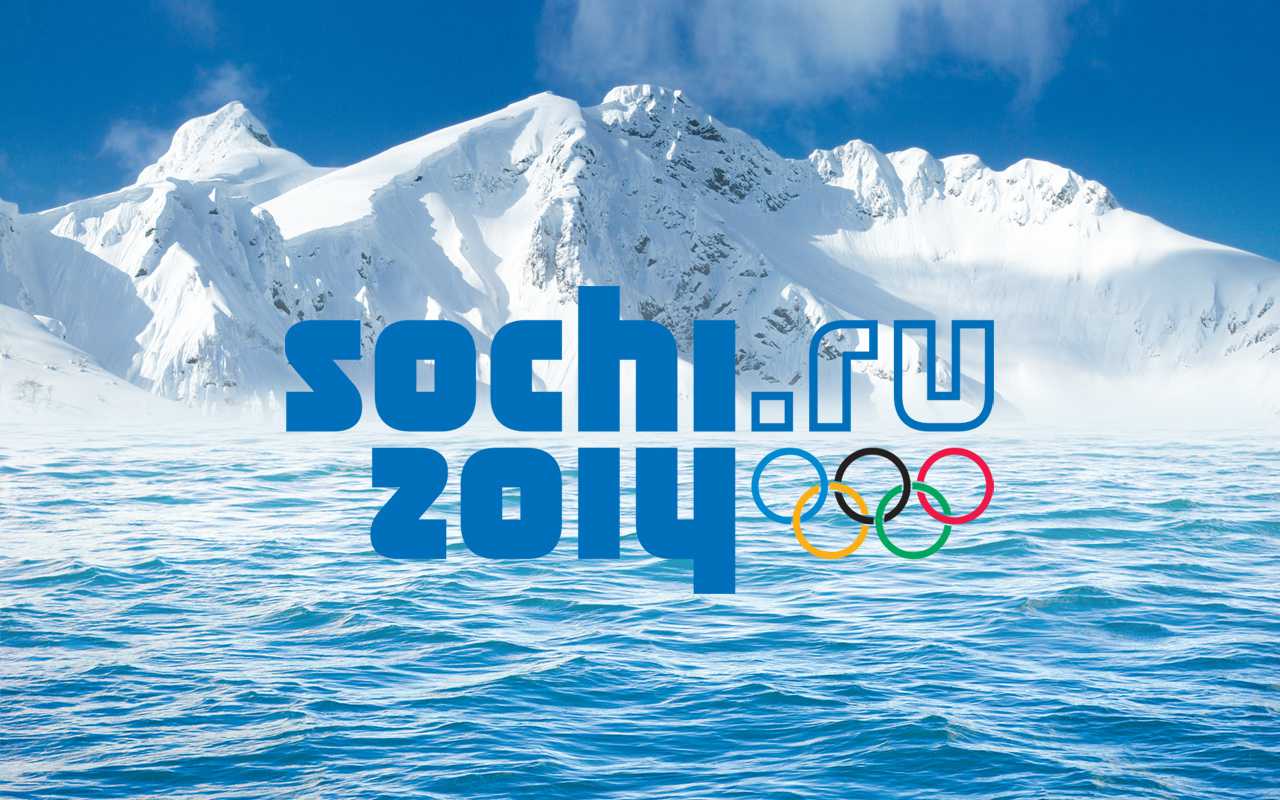
We are being blasted with a narrative clearly reminiscent of the Cold War. Referring to the region around Sochi, the International New York Times announced in a front page story just before the opening of the Games, “For the first time in history, the Olympics are being held on the edge of a war zone…” And we have not even mentioned the gay rights protests that are being planned.
The recent resignation of the United States Ambassador to Russia, Michael A. McFaul, is very much a part of a story that continues to paint a picture of declining relations between the United States and the Russian Federation. We seem to have come a long way, in a downward spiral, from the heady reset days of March 2009 when Secretary of State Clinton gave Foreign Minister Lavrov the famous mock red button in Geneva. Indeed, it was McFaul, in an earlier position, who spearheaded efforts to improve the relations through the reset idea. And now he is leaving, ostensibly to spend more time with his family in California, but well short of a normal tour of duty for an ambassador. Clearly, the former Stanford University professor, Russian expert on the National Security Council as Special Assistant to the President and Senior Director of Russian and Eurasian Affairs, feels that his two years in Moscow have not been successful; the New Start nuclear arms control treaty being an exception.
Where have the days gone when individuals like Georgy Arbatov could easily converse with W. Averill Harriman? Where are the days when experts at MGIMO and the USA/Canada Institute in Moscow were in constant communication with their American colleagues at the Davis Center for Russian and Eurasian Studies at Harvard University and the Harriman Institute of Columbia University? Granted that U.S. Secretary of State John Kerry and Russian Foreign Minister Sergei Lavrov seem to have a good working relationship; but is that enough? A critical mass of scholar/diplomats is evidently lacking, certainly on the American side. Is every up and coming scholar/diplomat too busy learning Arabic or Chinese instead of Russian? What does McFaul’s resignation mean for future U.S. scholar/diplomats? for U.S./Russian relations?
Very shortly after his arrival, Ambassador McFaul began discussions with opposition leaders and civil society activists. He was quickly criticized by Russian officials for interfering in their internal affairs. It got so bad that he had to publicly deny that he was sent to Moscow to encourage revolution. Tensions between the two countries have led to several negative consequences: the eviction of the U.S. international development agency A.I.D.; a law banning the adoption of Russian children by American parents; Russian asylum for Edward Snowden; the canceling of an August summit between the two presidents; the snubbing of the Olympics by the American president and the inclusion of several prominent gay activists in the U.S. delegation. The list is indeed impressive.
While we are not approaching a second Cold War with the frightening possibility of a real conflict like the Cuban Missile crisis, the cooling of relations between the two countries does not bode well for finding diplomatic solutions to the Syrian humanitarian catastrophe or the enlarging civil strife in Ukraine. And, for the moment, there seems no simple solution to stopping the downward spiral or warming the relationship. When the architect of the reset policy resigns, it is clearly not a positive signal.